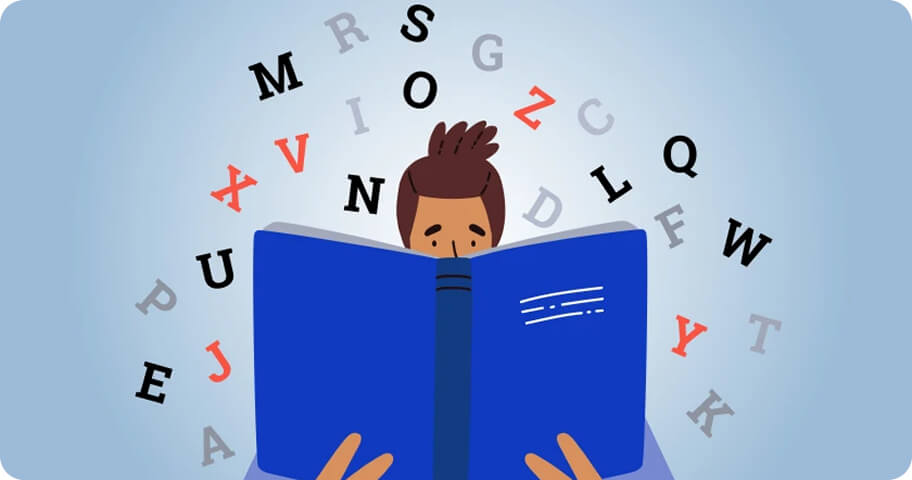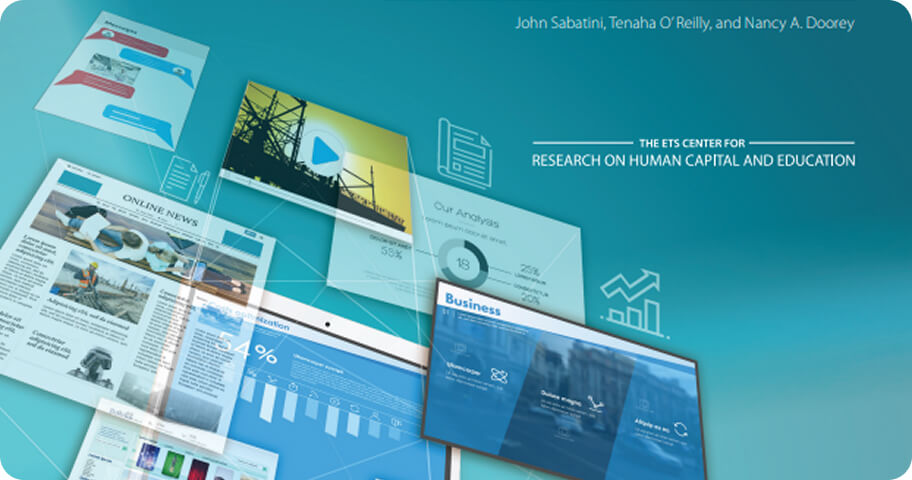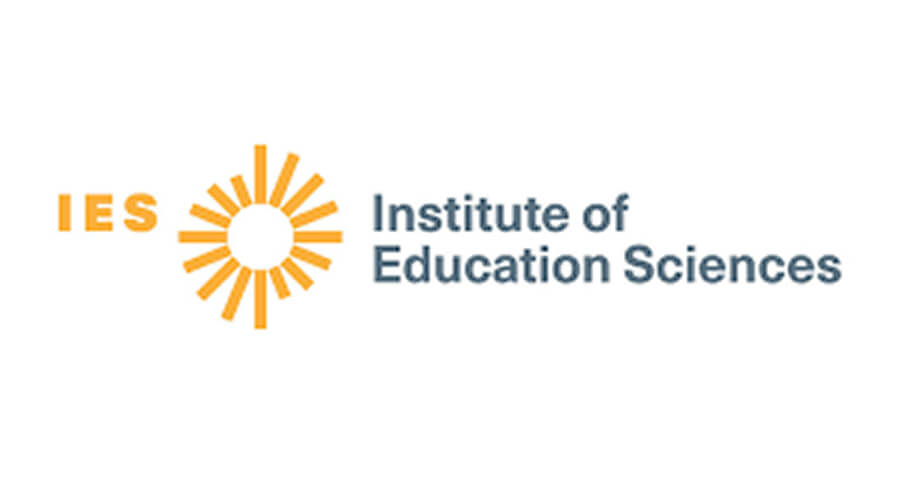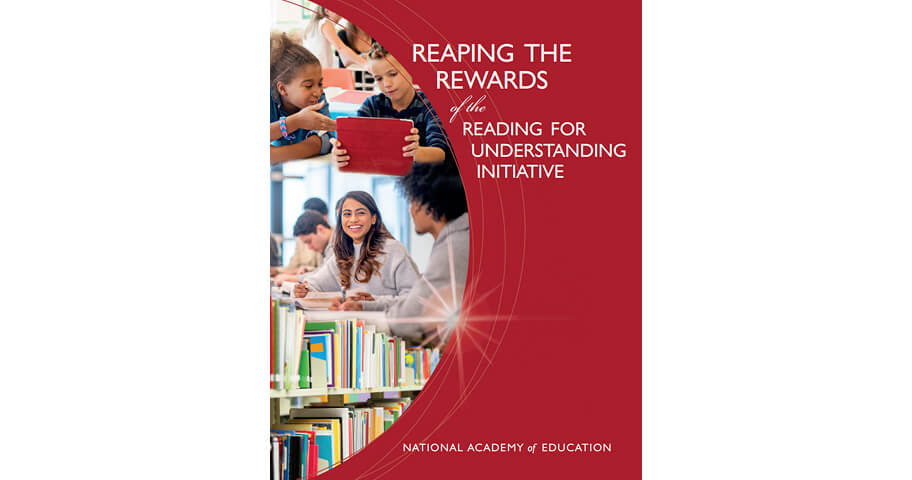News & Media

While adolescent foundational skills interventions can be critical levers for reading improvement, district leaders, teachers, and researchers must make complex decisions about how to evaluate their effectiveness in context.

It's a well-worn adage in education that students first learn to read, and then read to learn.

Dr. Sabatini is a Distinguished Research Professor in the Department of Psychology and the Institute for Intelligent Systems at the University of Memphis.

Complex decoding challenges are hiding in plain sight and can prevent older readers from comprehending grade-level texts.

By the time students reach upper elementary school, they are expected to have mastered foundational reading skills.

A new report points to decoding as a skill needed for later reading proficiency in older children.

ReadBasix™ will provide an evidence-based tool to identify students' reading levels to enable targeted interventions and reading materials.

Capti, an ETS Strategic Capital portfolio company, wins an IES SBIR Award to further develop and commercialize several diagnostic reading assessments developed at ETS.

This ETS research report documents the design, development, and technical adequacy of the RISE form of the SARA reading components assessment for middle-school students.

A SERP-hosted overview describing the ReadBasix subtests used in Capti Assess (outlining each subtest's purpose and what it measures).

AERDF's press release summarizes the joint findings with ETS showing the decoding threshold as a major constraint on older students' reading comprehension and promotes Reading Reimagined's work on assessments and interventions.

An earlier Educator's Room post presenting the ETS/AERDF study results, focusing on the threshold concept and its implications for identifying and supporting struggling readers in grades 3–8.

University news item describing Charmtech/Capti's $1M SBIR award (with ETS collaboration) to develop diagnostic reading assessments and scale their literacy platform.

With little post-pandemic recovery, experts wonder if screen time and school absence are among the causes.

ETS policy/report summarizing findings from the Reading for Understanding initiative and recommending assessment and instructional strategies for improving literacy.

Oxford's Department of Education event page describing a public seminar tracing the RfU initiative's scenario-based assessment innovations and their later applications.

IES award record for John Sabatini and ETS describing a multi-phase project to develop diagnostic comprehension assessments for struggling adolescent and adult readers.

A large synthesis volume that reviews the Reading for Understanding initiative's evidence, assessment innovations, and implications for instruction and policy.

Despite expectations that students master basic reading proficiency by third grade, many continue to struggle with reading into upper elementary school and beyond.

An educator-oriented article arguing that once students pass the decoding threshold, instruction should pivot to vocabulary and comprehension strategies to foster independent reading.

IES award page describing Charmtech/Capti's Phase II SBIR project to develop Capti Assess — an adaptive, scenario-based reading assessment that personalizes tasks for grades 3–12.

Early and targeted interventions are critical in helping these students understand increasingly complex tests, a study finds.